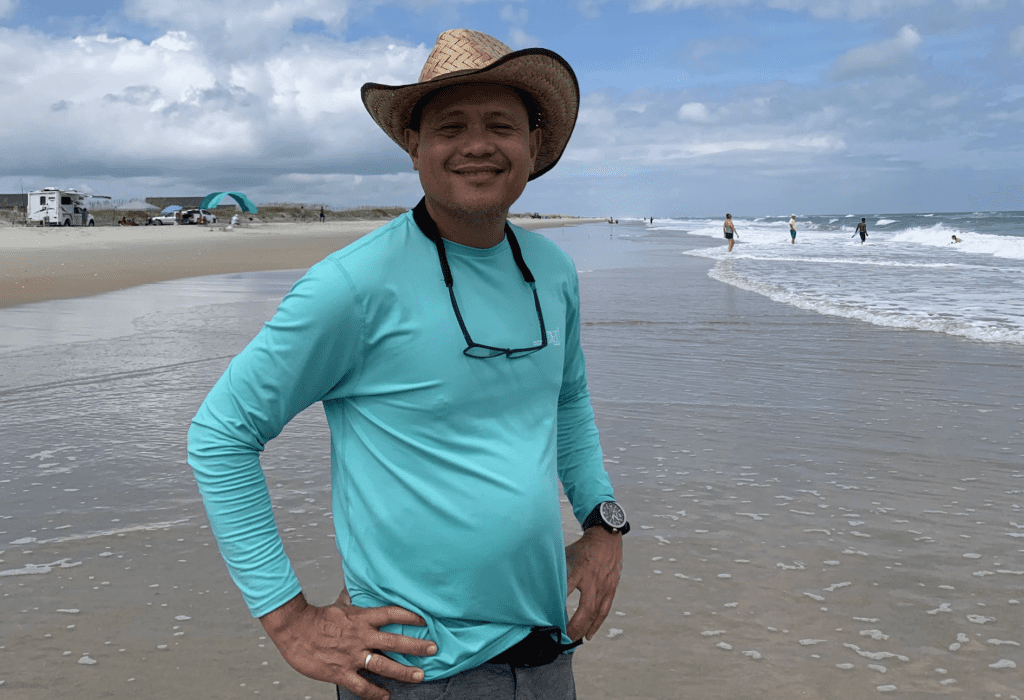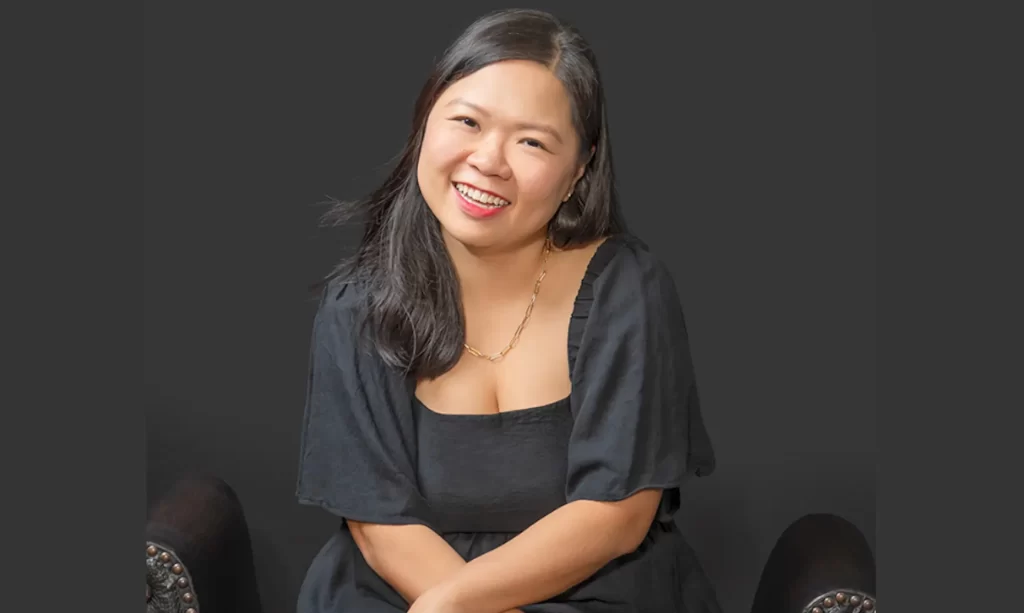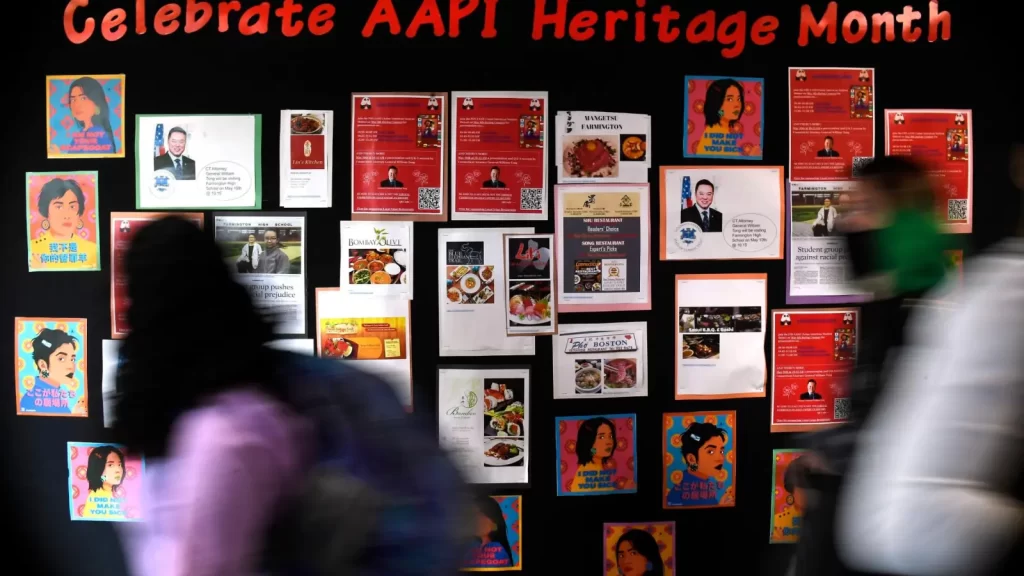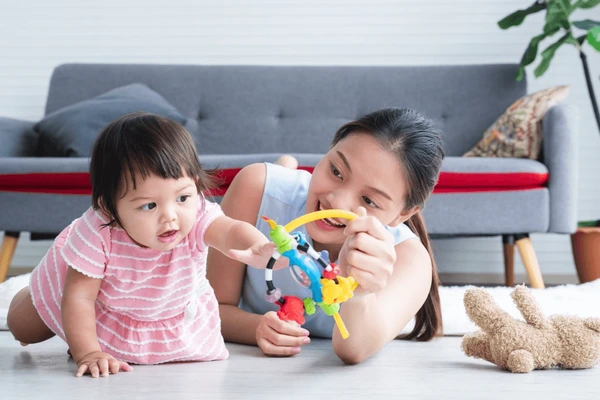Can you tell us a bit about your family—your children, their ages, and the dynamic in your household?
We are a family of four. My self, my wife Sharon, my daughter Gugma, and my son Lumad who is the youngest. I guess you can say we are a loving family that enjoys spending active time together, or just being in each other’s presence.
Can you share your journey of immigrating to the U.S. and how it has influenced your approach to parenting?
We came to the US in 2006 (just three of us that time, since Lumad wasn’t born until 2008). Prior to that we also lived in Singapore for ~3 years. I have been out of the Philippines since 2001, so I’ve always felt at home in different countries, although never as close to my motherland. My parenting is a result of the culture I grew up in (the close-knit family ties, lessons from the adults in my life, etc.), the necessities and exigencies of adapting to a foreign culture, and my own philosophies in life.
As a Filipino parent, how do you integrate Filipino culture and traditions into your children’s lives while balancing American influences?
I parent as I would live, deciding and making choices that are consistent with who I am and my identity. I don’t overemphasize my being Filipino beyond the recognition that I’m proud of my own people’s history, and that my culture can stand as proudly as any. So you can say I’m more concerned that my kids have this appreciation of our identity, making sure that they are aware and have an experience of it, rather than having rigid prescriptions of which aspect of our culture and traditions they should carry into their own lives.
What values or lessons from your own upbringing in the Philippines do you prioritize teaching your children?
Respect and kindness, especially to those who have less.
How do you encourage your children to explore their own creativity, particularly in writing, poetry, or storytelling?
I let them into my own creative obsessions, without imposing the same on them. What matters is they follow their own curiosity.
Fishing seems to be a passion of yours. How has it played a role in bonding with your family and teaching your children about patience and perseverance?
They see me fishing, so I hope that makes an impression on them. I have tried to get them to fish with me, but it hasn’t caught on, at least not yet anyway. I don’t easily give up, that’s why I fish 🙂
What are some challenges you’ve faced as an immigrant parent in navigating the American education system?
The American education system is what the Philippines has adopted, so there isn’t much of a difference. I was schooled in a Catholic school, whereas my kids attend secular (public) schools, so for me that is the bigger difference. I do not regret that religious teaching has been part of my education. It didn’t turn me into a religious bigot. Instead it allowed me to interrogate my faith more critically, because I know its theories and practices well. Consequently my present view on religion is not superficial or obsequious, nor is it outright dismissive. It is more nuanced, and I continue to turn to its rich symbolic traditions and psychological depth for my own intellectual and moral nourishment. This part is missing in the US public education sphere, but there are other sources outside of school for the enrichment of this dimension if one is motivated.
In what ways do you support your children in pursuing their interests and passions, even if they differ from your own?
We talk about their own interests and preferences. Sometimes they can even infect me with them, and I seek them out just to see for myself. I approach it with curiosity, and I’m not one to brook no disagreement, especially in matters of taste.
How has your approach to parenting differed between your son and daughter, if at all?
I think in principle there is not a big difference. Of course, in practice, there needs to be some difference in approach because people respond differently. I need to take into account their individual personalities, but in the end, my aspiration for them both are similar.
What advice would you give to other Asian American parents who are trying to balance cultural preservation with raising children in a multicultural environment?
I hesitate to give advice. I would share a philosophy though. I don’t see how parenting is any different from living. I also don’t subscribe to the notion of cultural preservation. It sounds as if culture needs to be kept in a pickle jar (just kidding!). Culture and identity is an artifact of the self. This self experiences the world in a constant flux, and so the self is always being examined and defined. At any different moments in our lives, there are elements of our culture we bring up to the surface, others we submerge. I’m not too afraid about our culture being eroded in a multicultural world; I’m more afraid that we might lose the courage to be different and resist the pressure of conformity.








